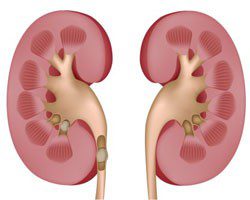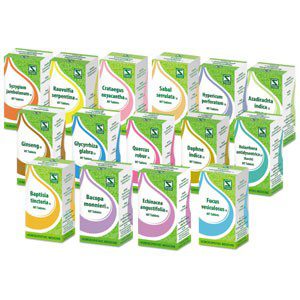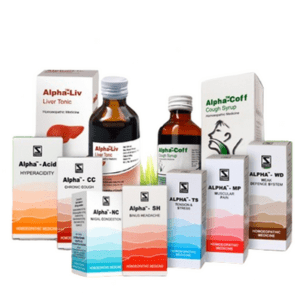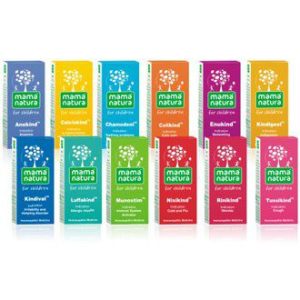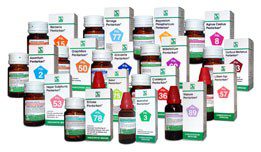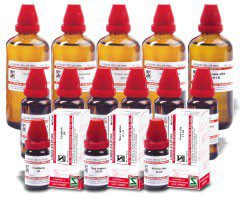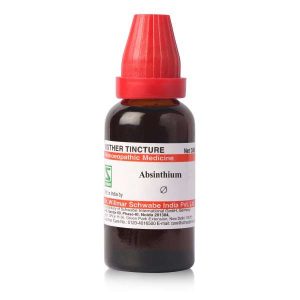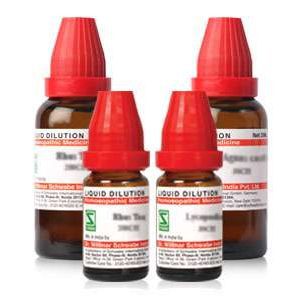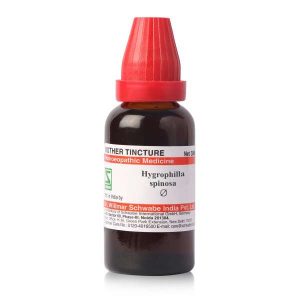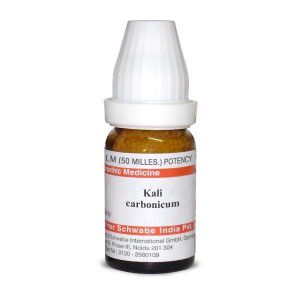Doctors Zone
Journal (JEBH)
Alpha™- Liv Drops
Alpha – Liv Drops Due to high demand from the market, for a formulation in drops for the liver, apart from the syrup already available in the market, Schwabe India developed this product. Introduction The liver plays a key role in metabolism. It has anabolic and catabolic, exocrine and endocrine functions. The liver is a blood reservoir, filter and store of different substances (e.g. glycogen, vitamins). It is the site of serum protein (e.g. albumin, prothrombin, fibrinogen) and enzyme synthesis. Metabolic processes (e.g. bilirubin, hormone, carbohydrate and lipid turnover) and the removal of toxic products are important liver functions. 1 Hepatotoxins (e.g. alcohol, tetracycline, acetaminophen, fungal toxins, and anabolic steroids) can cause specific damage to liver cells. Toxic hepatitis may be clinically silent or severe enough to lead to the rapid development of hepatic failure. Clinical features include hepatomegaly, enzyme abnormalities, fever, abdominal pain, anorexia, nausea, vomiting and weight loss. In patients with underlying cirrhosis, manifestations of portal hypertension may predominate. Aversion to fatty food, abdominal discomfort, nausea and vomiting after meals may be symptoms of 2 cholelithiasis. Jaundice results from accumulation of bilirubin. It has non-hepatic as well as hepatic causes. Hyperbilirubinaemia may be due to abnormalities in the 3 formation, transport, metabolism or excretion of bilirubin. TM Alpha -Liv Drops aids recovery and normalisation of liver functions. Severe liver disease needs specialised treatment. Indications: Slow liver functions, fatty liver, and for supportive treatment of hepatocellular jaundice and toxic liver damage.

Schwabe News 2016 June- research news- Single-blind study
Single-blind study to assess the effect of Homoeopathic treatment of cancer patients against placebo
This study was aimed to assess the effect of individualised homoeopathic treatment (IHT), on clinical and quality of life (QoL), against placebo in patients suffering advanced cancer and receiving conventional palliative care. The study was conducted in Italy. For the study 16 advanced cancer patients were admitted in emergency medicine unit. Patients were divided into two groups, matched for age and clinical conditions. With the informed consent IHT and placebo treatment for study began. EORTC-QLQ-C30 (European Organization for Research and Treatment of Cancer – quality of life questionnaire containing 30 core items) questionnaire in basal conditions is used to assess patient’s mental, physical and QoL. After 1 month and 4 months of treatment statistical analysis was performed using the Student’s t-test. Result showed significant clinical improvements compared to the control. In laboratory test group of IHT had significant improvements. Important clinical problems such as anxiety, depression, anorexia, phobias, panic attacks, erectile dysfunction, frigidity, important physical disabilities, intolerable pains that did not respond to analgesics; whereas IHT group has marked improvement. The EORTC-QLQ-C30 questionnaires analysis shows that all patients had a bad perception of their QoL at baseline and encountered many difficulties in daily activities. No significant side effects were detected and also reduction in psychotropic drugs in IHT group was noticed. It was concluded by the researchers that the IHT improves the clinical condition and QoL of patients with advanced cancer. The improvement obtained is statistically significant compared to placebo.
Reference: Francesca Talarico, Costanza Maria Pullano, Sebastiano Di Salvo and Vincenzo Falabella, Single-blind study assessing the individualized homeopathic treatment of cancer patients versus placebo. Volume 105, Issue 1, Page 23, Feb’2016. Source: http://www.homeopathyjournal.net/article/S1475-4916%2815%2900137-X/abstract
Recent Advancements in Basic Homeopathic Research – A Report on Two Significant Publication
In a study conducted at the Experimental Farm of the State University of Santa Catarina, Brazil, researchers investigated the impact of homeopathic treatments on piglets during the nursery phase. The study aimed to determine whether homeopathic agents could reduce fighting behavior, improve growth performance, and affect hematological, metabolic, and oxidative variables. The study included 108 weaned piglets divided into four groups: a negative control group receiving only the basal diet, and three groups receiving different homeopathic treatments at varying dosages.
Journal of Evidence Based Homeopathy Volume: 1, Issue: 1, January - June 2023
Comprehensive articles

Agrohomeopathy – A Review
Short cases

Unmasking the Intricacies: A Pyogenic Abscess Case Report

Lichen Simplex: A Singular Case Study

Ranula Unveiled: A Case Report and Management Approach

Lichen Simplex: A Singular Case Study

A Puzzling Presentation: A Case Report of Jaundice
Recent provings and updated materia medica

Acidum Formicum

Mygale

Thea Chinensis
Materia medica on phytohomeopathy

Chrysarobinum

Sanguinarinum nitricum

Thiosinaminum
Mother tincture

Asparagus Officinalis

Ginkgo Biloba

Rosmarinus Officinalis
Product watch

Alpha™- Liv Drops

Good Morning™ Constipation Drops

Zauber™ Hair Drops
Research News











